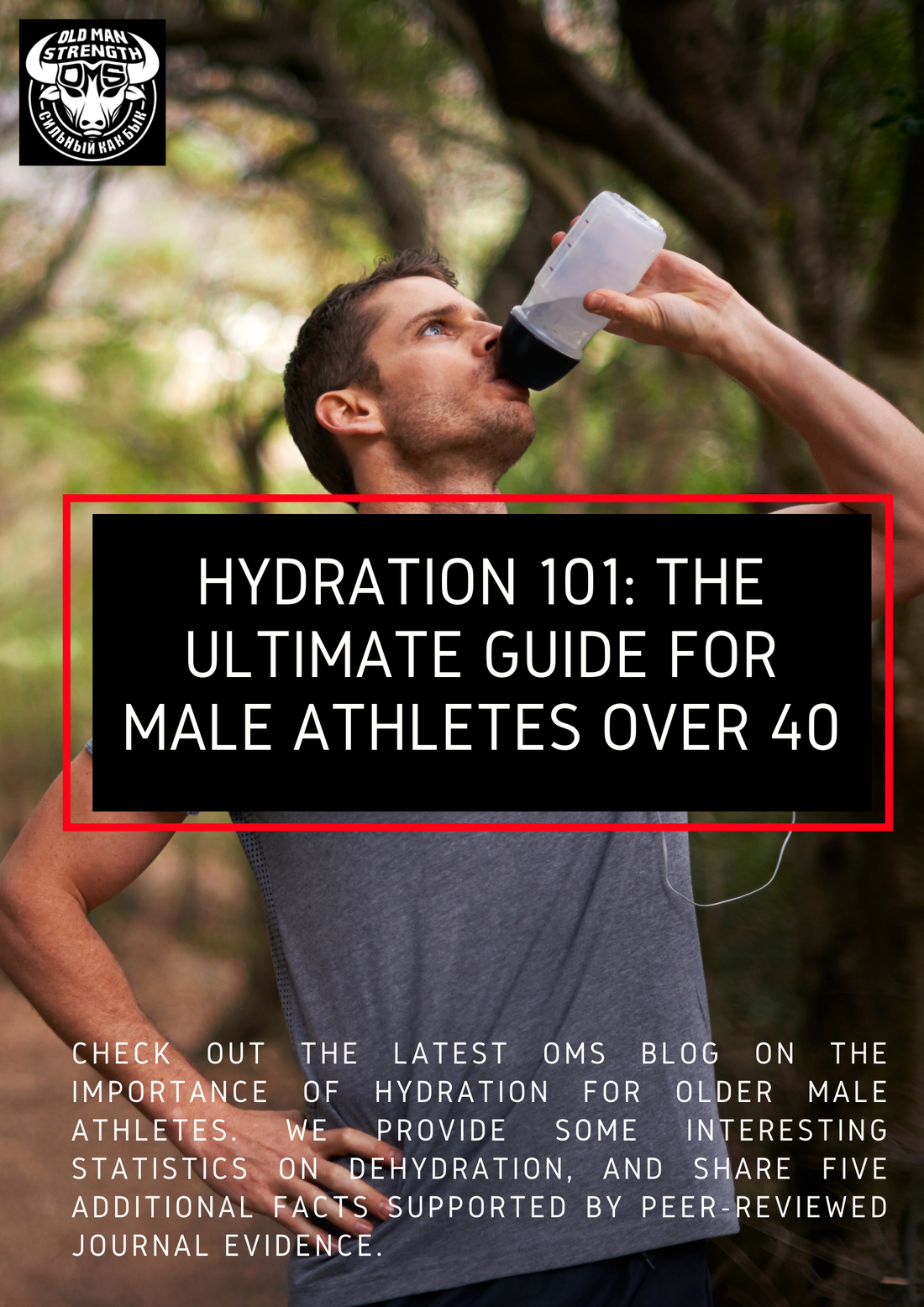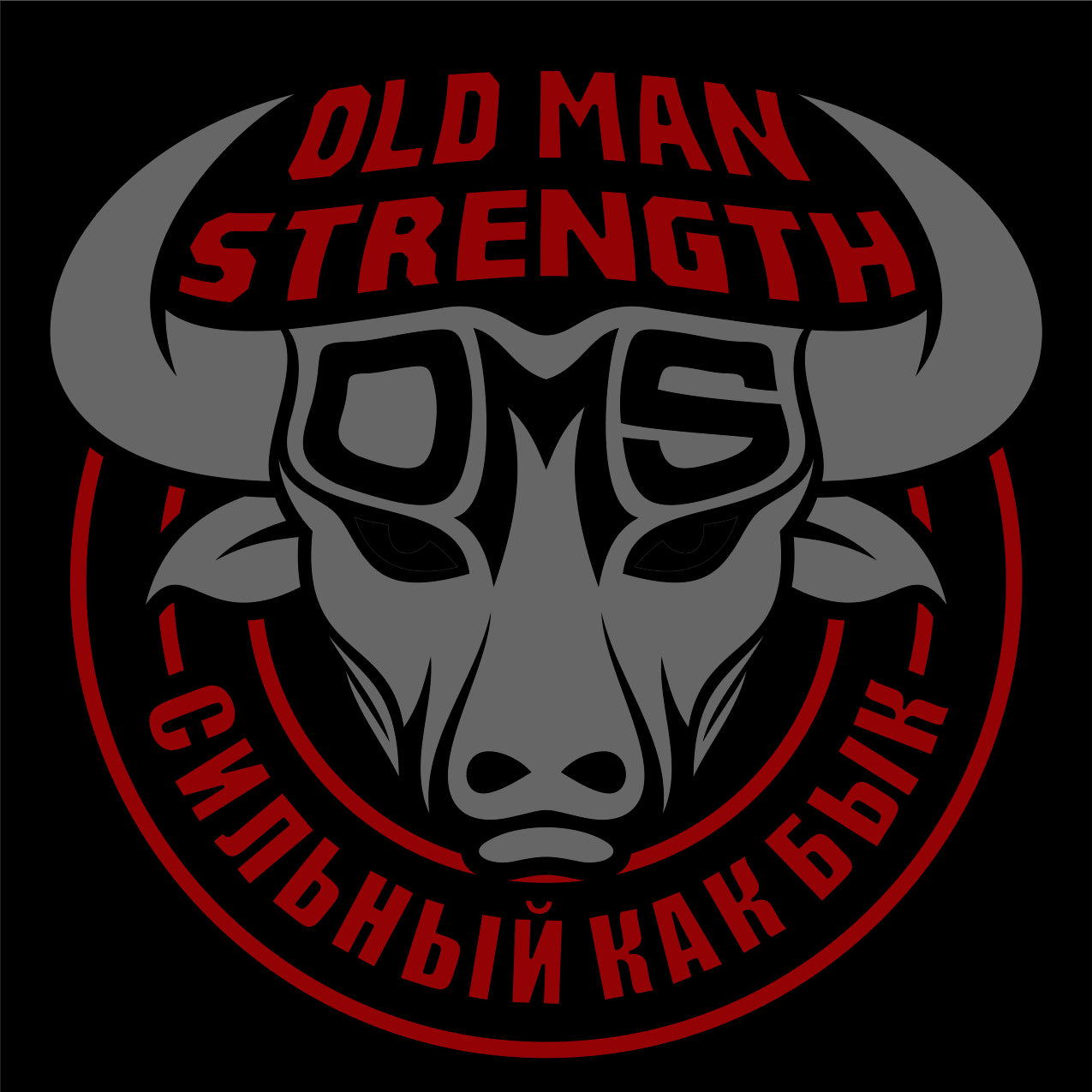
Hydration 101: The Ultimate Guide for Male Athletes Over 40
Part 1 of our 5-part series on performance and nutrition tips for male athletes over 40 looked at the importance of protein in our diet and our athletic performance when eating enough protein.
Part 2 of our 5-part series focuses on Hydration. As we age one aspect of health and wellness that is often overlooked, but is absolutely vital for athletes over 40, is proper hydration. In this blog post, we'll discuss the importance of hydration for older male athletes, provide some interesting statistics on dehydration, and share five additional facts supported by peer-reviewed journal evidence.
First, let's talk about why hydration is so important for athletes over 40. As we age, our bodies become less efficient at regulating fluid balance, making it even more crucial to stay properly hydrated. Dehydration can lead to a decline in athletic performance, increased risk of injury, and a host of other health issues. According to a study conducted by the Australian Institute of Sport, even mild dehydration can impair athletic performance by up to 30%. This is because dehydration can lead to reduced blood volume, which in turn decreases the amount of oxygen and nutrients delivered to our muscles.
Additionally, dehydration can cause an increase in core body temperature, making it more difficult for the body to cool itself during exercise. When we exercise while properly hydrated, our bodies are better equipped to handle the physical demands placed on them. A study published in the Journal of Sports Sciences found that athletes who were well-hydrated experienced improved endurance, increased strength, and faster recovery times.
Now, let's dive into five additional interesting facts about hydration for older male athletes:
-
Hydration and Cognitive Function: A study published in the British Journal of Nutrition found that even mild dehydration can impair cognitive performance, particularly in tasks requiring attention, motor coordination, and executive function. This is crucial for athletes, as maintaining optimal cognitive function is essential for making quick decisions and executing complex movements during sports performance. (Armstrong et al., 2012).
-
Hydration and Muscle Cramps: A review published in the Journal of Athletic Training suggests that dehydration can increase the risk of muscle cramps during exercise. Proper hydration helps maintain electrolyte balance, which is essential for muscle function and preventing cramps, a common issue faced by athletes during intense physical activity (Bergeron, 2008).
-
Hydration and Endurance Performance: A study published in the Journal of Sports Sciences found that maintaining proper hydration levels can significantly improve endurance performance. The study showed that a 2% reduction in body mass due to dehydration led to a 6-7% decrease in performance during endurance exercise (Cheuvront et al., 2005).
-
Hydration and Thermoregulation: A review published in the Journal of Sports Medicine and Physical Fitness highlights the importance of hydration in maintaining body temperature during exercise. Adequate hydration helps the body dissipate heat more effectively, reducing the risk of heat-related illnesses such as heat stroke and heat exhaustion, which can be detrimental to sports performance (Sawka et al., 2001).
-
Hydration and Recovery: A study published in the International Journal of Sport Nutrition and Exercise Metabolism found that proper hydration can enhance post-exercise recovery. The study showed that athletes who were well-hydrated experienced less muscle soreness and inflammation, leading to faster recovery times and improved performance in subsequent training sessions (Casa et al., 2000).
Proper hydration is essential for older male athletes to maintain peak performance, prevent injury, and support overall health and well-being. By staying informed and making a conscious effort to stay hydrated, we can continue to excel in our athletic pursuits and enjoy a healthy, active lifestyle well into our 40s and beyond.
Stay strong, but more importantly, stay hydrated!
Check out Part 3 of our 5 part series - Testosterone


